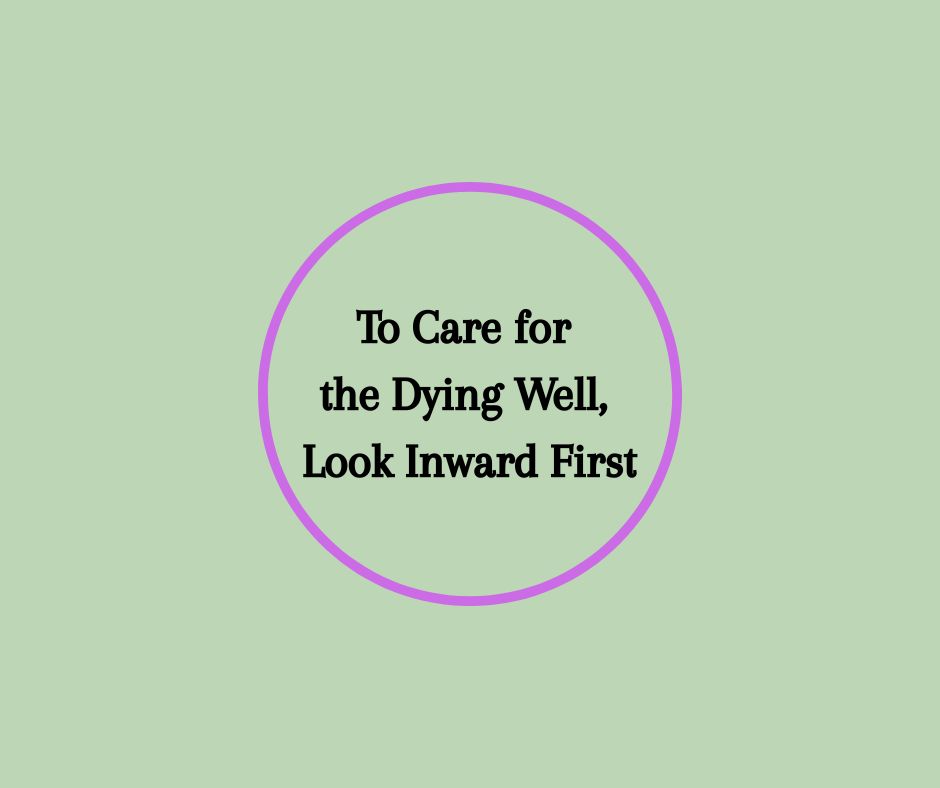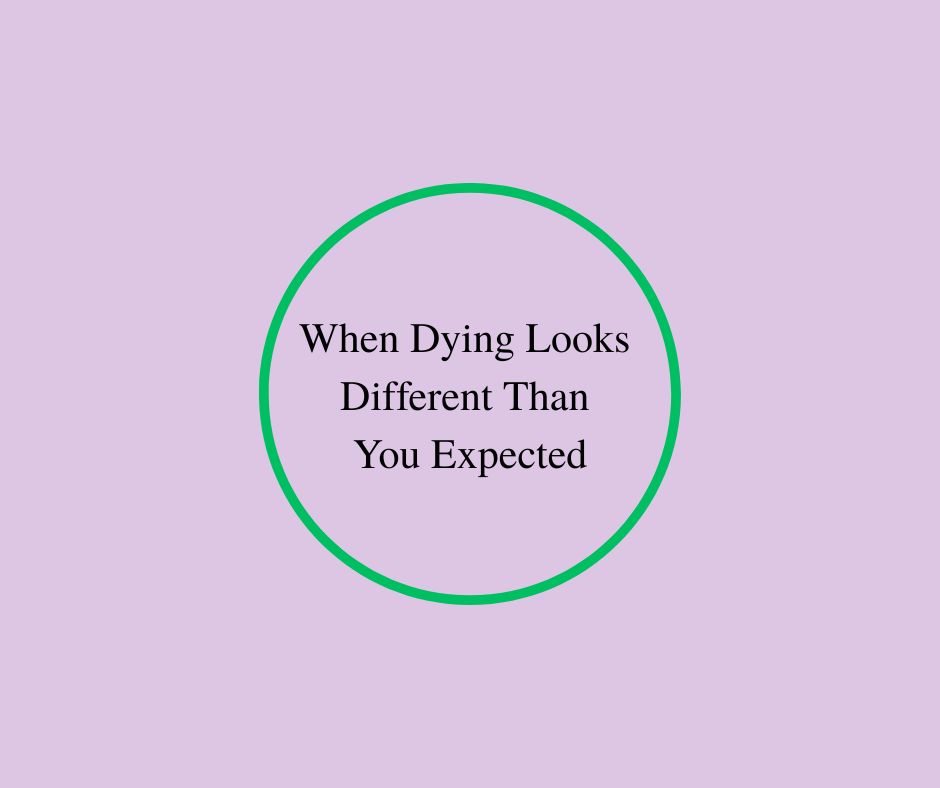A friend went to an oncologist for a medical problem. Yes, there was a problem, the doctor said - and then proceeded to explain in complicated medical terminology. Words and explanations that were totally out of my friend’s (and most people's) knowledge and comprehension.
A personal and all-too-common example comes from the time my mother and I were at her oncology appointment. She was sitting on the end of the exam table in a skinny, open-backed gown. The doctor was explaining her disease progress and prognosis. All the while he was talking, she was nodding her head up and down as you would if you understood and agreed. I didn’t understand what he was talking about despite my medical knowledge, so I knew she didn’t. Also, he was standing several feet away from her, arms folded. I’m sorry to say this is not an isolated occurrence.
People don’t want complicated medical explanations from their doctors or medical people. They want simple, everyday words. They want guidance, reassurance and support as well as information. They want truth and options in a format they can understand. I had a friend say, “I have a PHD, but that doesn’t mean I understand the language of medicine.”
Did you notice in my explanation above that the doctor was standing and actually a good distance away as he talked? When talking to really be heard, sit close enough to touch and at or below eye level. You are setting the stage to be heard — really heard and understood.
While I am talking about communication, I want to share one of my standard practices. Before I leave any home visit or supportive gathering, I ask these questions: Do you have any questions you want to ask me? Did you understand what we talked about? Is there anything else you would like to talk about?
All of us service providers would do well to ask these questions before an office or home visit is completed.
Healing and care go beyond the disease and how to treat it. Healing is about PEOPLE that have diseases. It should not only be how we can “fix” a disease but how we can bring comfort, support and understandable guidance. Our emphasis needs to be on the people.
Something more about... Beyond the Diagnosis: The Power of Plain Words
Clear, compassionate communication is the foundation of care. When patients and families understand, fear lessens — and healing, even at the end of life, can begin.
Barbara Karnes, RN’s Knowledge Reduces Fear, Volumes 1 & 2 offer practical, accessible education for healthcare professionals and families on what end of life really looks like and how to guide others through it.







